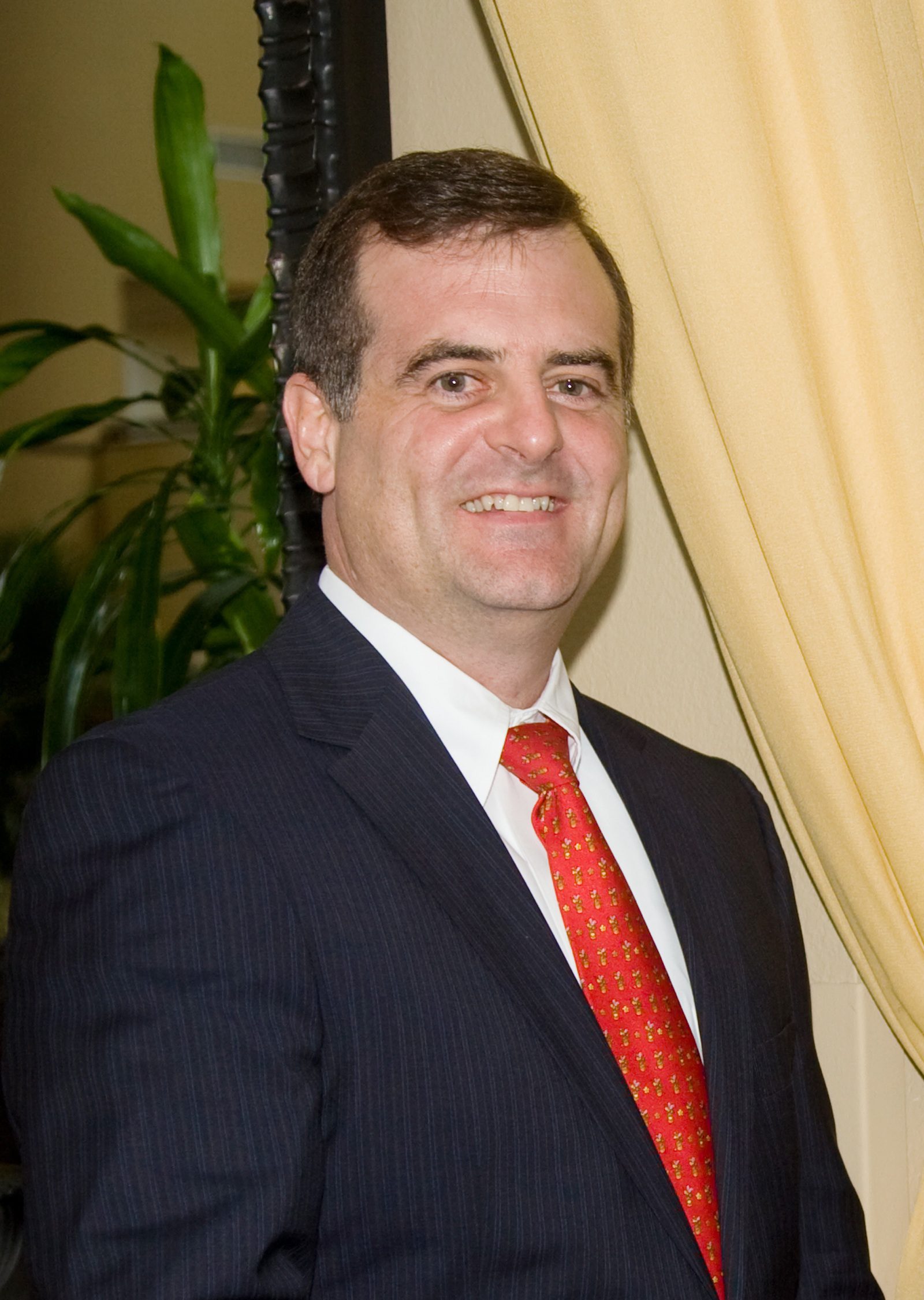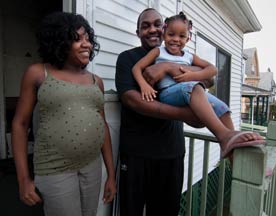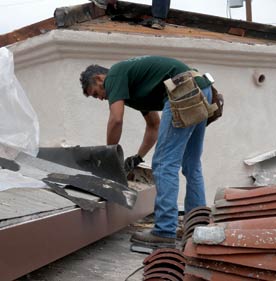Let’s talk a bit about community organizing. I had heard that you sent some of our recent articles about the challenges of organizing after ACORN around to your staff? Which I’m very pleased to have heard._
Yes. Well, I read Shelterforce.
Some who’ve been in the field for a while perceive that younger people coming into the community development world are not fully aware of its civil rights roots and the key role organizing communities to change the “rules of the game” played in our past. And even for the ones who do, it’s very difficult to challenge city councils, for example, or banks, when the group depends on them for project approvals or loans. So how do you strike a balance between the need for organizing for policy change and place-based development?
Well, I’ll tell you, I miss the community organizers. I couldn’t believe what happened with ACORN, you know? That was just such an example of this really grassroots organization that was doing wonderful things somehow getting on the wrong side of the politics and just being wiped out in a very short period of time. That was astonishing. And there’s a hole. I do think that younger folks who are coming into the community development world don’t have an understanding or an appreciation of how far we’ve come because of community organizers.
And unfortunately, when you say that to many folks, they think the Saul Alinsky model that has to be confrontational and go where the power is, and there are other effective ways to do it. It’s really incumbent upon those of us who’ve been in the business for a while to help raise the awareness of how important community organizing is as a part of community development. I mean, we spend a lot of time up front talking with neighborhood groups, going to different meetings, community meetings, trying to make the case for why we want to do what we want to do and involving the community in the design and the siting.
And we find that, while it takes longer—takes a lot longer sometimes—in the end, it gains the support that you need, because the last thing we want to do is go in and fight with the neighbors. We want to get the affordable housing done in a way that makes people proud to have it in their neighborhood.
In order to do that, you just have got to take the time to go around talking to people and really listening to what their concerns are, and try to figure out how to address those concerns in ways that make sense and don’t cost you an arm and a leg. Some of the larger nonprofits recognize it and have taken steps to make it happen.
How we orient the new folks coming into the industry is really critical in terms of what’s the whole history of community development. You think sometimes they get that stuff in school, but until they’re ready to hear it, they don’t hear it. So you have to kind of repeat it several times, and that’s not because they’re not smart. They’re just not focused on it.
What do you think of the Occupy Wall Street movement?
Well, I’m glad that there are some people who are raising the issue. It’s huge. I mean, the reason we’re involved in what we’re doing is poverty. The reason most of the social agencies are doing what they’re doing is because of poverty. If we had a living wage with benefits that allowed people to live decently and at least have a starting point in life from which they could launch, we wouldn’t have all these subsidy programs, for instance.
We were in San Francisco for a board meeting—we were right across the street from the Wells Fargo headquarters—and the Occupy folks were down there blocking the doors to Wells Fargo. Part of me wanted to go out and join them. The other part says, well, that’s good somebody’s doing it, because somebody has to start raising the awareness, and it has to be something that isn’t just one group in one city.
Now, there’s a lot of criticism, I realize, that they don’t really know what they’re doing. They don’t have an agenda. Well, the Stop the War movement started out this way, and look what happened. So I think they’re legitimately expressing a concern that the American public needs to pay attention to, and the politicians need to pay attention to, instead of condemning them all as old hippies and people who don’t have good hygiene. It’s just amazing to me what people’s reaction has been to them in terms of people who oppose them. Oh, my gosh, they’re just expressing their opinion, for heaven sakes.
I think they have shifted the national dialogue from deficits and tax cutting to inequality and fairness.
Yes. Unfortunately, we don’t have a Congress who is willing to do anything about it.
I think that they are doing a terrific job of getting attention to these issues. Now maybe we need to step in and do something more about it.
Right. It’s really the way that the Tea Party started out. There was no clear agenda. People were mad and they wanted to express their anger. It eventually was very effective in getting people elected and causing this [Congressional] stalemate. They may have gotten elected, but they’re certainly not doing anything.
Please say a bit more about the nexus between health and housing.
Yes, that’s a big one for us. Early on we got our equity from religious communities who were willing to sponsor Mercy Housing and make significant contributions to help us grow the organization. We had, at one time, 13 groups who were doing that. We were to the point where we needed more equity, but we knew there weren’t a lot of other religious communities out there who had the ability to give us a major contribution.
And so we looked at their other sponsored ministries, one of which was healthcare. And I knew a lot of folks there, so we actually went out and started this healthcare partnership, where we asked folks to give us an annual contribution and, in return for that, we would work with their individual hospitals who were doing community needs assessments every year or every three years. And every time, on the top 10 list somewhere was affordable housing, either for their lower paid employees or for the people in the community. And that’s not their core competence. They depend on support in their communities to continue to maintain their nonprofit status.
So we said to them, “Look, we know how to do affordable housing, and we will give you all the credit for getting it done, because you’re here in the community. You need that. We just want to get the housing done.” And so that’s really how it started. It’s expanded from there, and we are working with them in many areas where they bring actual preventive healthcare services into our properties that serve both our residents and the neighborhood at large.
So it’s blossomed over the years. And we started out with a five-year commitment, and every five years since then they have renewed their commitments.
The focus with healthcare reform is not on acute care but on prevention, and that’s outside the walls of the hospital. One of the things they’re going to be penalized for is repeat visits into the ER by the same people because they don’t have anywhere else to go. And we know that supportive housing for formerly homeless, and supportive housing for seniors, works, keeps them out of the emergency room. There’s been studies done on that.
On the other end, they’re going to be penalized if they discharge a person and that person is readmitted within 30 days with the same diagnosis. They won’t get paid for the second admission. And so they’ve got to find ways to find some kind of a supportive setting for people who are discharged from the hospital and really don’t have anywhere to go, or seniors who are living alone and have no help.
So we think there are opportunities for us to work together to figure out what we can do that will be beneficial to the patients—either those coming into the ER or those leaving the hospital—beneficial to the hospital, and beneficial to Mercy Housing. And we’re in the process of putting together an internal team to start understanding healthcare reform and what the opportunities are there for us. We have to really wait and see how the regulations get formulated and be ready to move with some kind of creative programs when we’re clear about where this is going.
The public health professionals are really interesting because they will say the community developers have a better chance of positively impacting community health in the broad sense than the epidemiologists do, or the many acute care settings do. You’ve probably heard this before, that only 10 percent of a person’s health can be attributed to medical care. The rest is environmental factors and lifestyle choices that either have positive or negative effects on people’s broad overall health.
So there’s movement in the academic community, and we’re working with University of California and Berkeley on a study [of our redevelopment of] one of the largest public housing developments in San Francisco. It’ll probably take us 10 years. The redevelopment will be done in phases, which include demolishing the current housing in stages, building new rental and homeownership opportunities, and building community facilities and gardens. And we’ve brought the academics in at the front end of this to say, OK, tell us what to measure. What are you looking at as measures, academic measures that can make sense for this? And so they’re excited. That’s a new thing for them, being brought in at the front end of things.
Thank you.






After reading the entire interveiw of Sister Lillian Murphy; words seem inadequate to express my admiration for her.
Knowing her leadership ability and her geniune caring for those that lack the economic resources to access quality, safe housing opportunties and the ability to assess health care makes me proud to be staff at Mercy Housing.